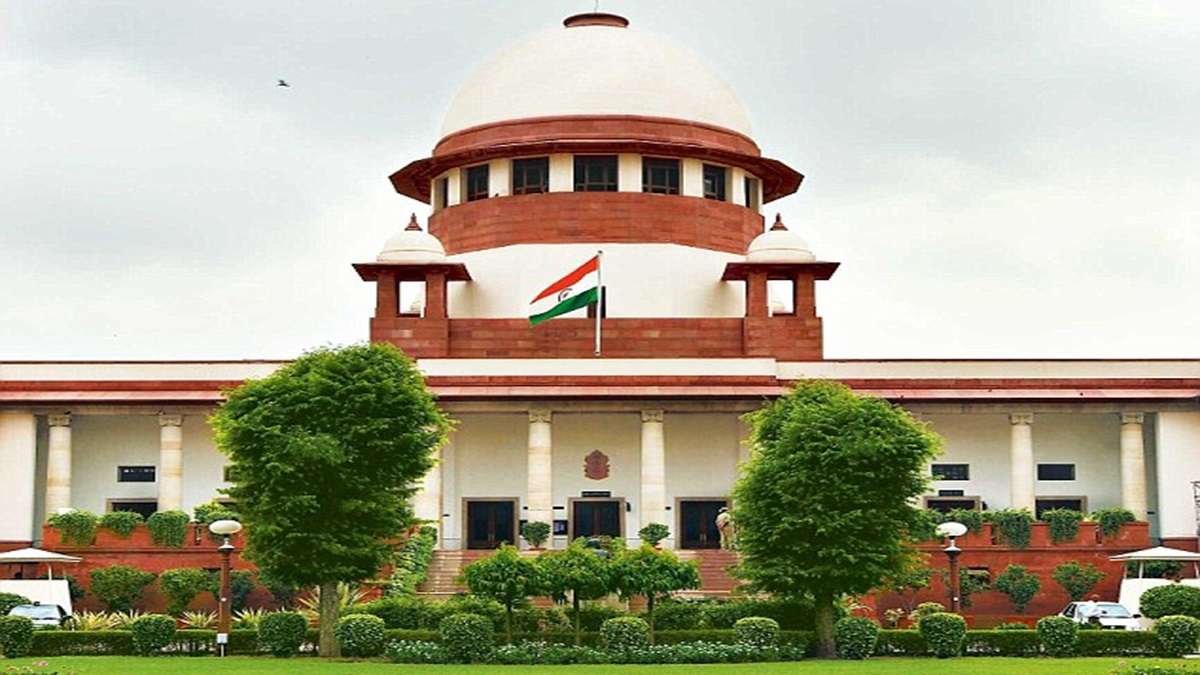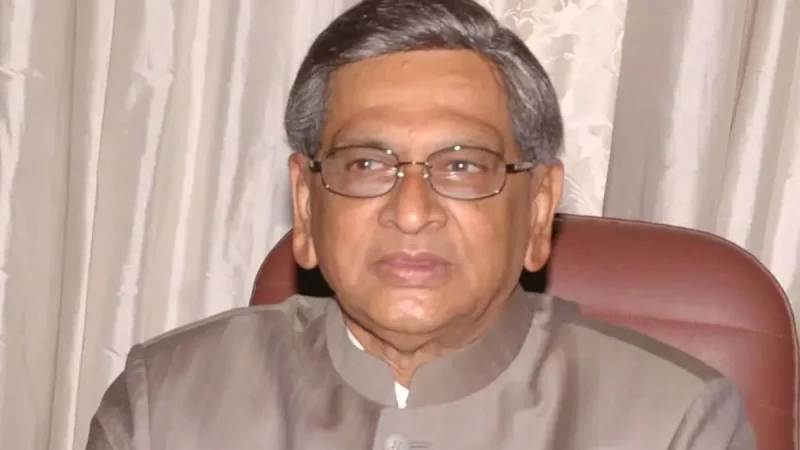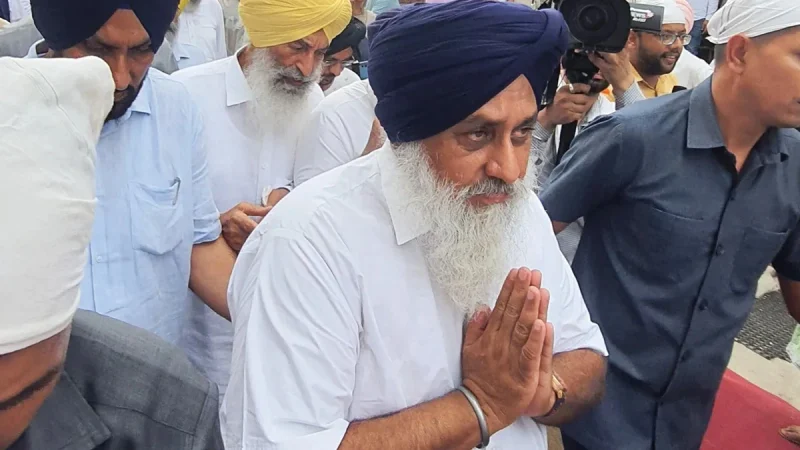“Supreme Court Lists 8 Alimony Factors in Bengaluru Techie Case”

Bengaluru techie Atul Subhash tragically died by suicide, sparking discussions about harassment in marriage and legal battles. He left behind an 80-minute video and a 24-page suicide note, accusing his estranged wife Nikita Singhania and her family of harassment and extortion. Atul claimed they demanded money and filed false cases against him.
Supreme Court’s 8 Alimony Guidelines
The Supreme Court, addressing alimony in Hindu divorce cases, shared an eight-point formula to guide decisions. A bench of Justices Vikram Nath and Prasanna B Varale stated that while these are not strict rules, they help ensure fair outcomes. The factors include:
- Social and financial status of both parties.
- Reasonable needs of the wife and children.
- Employment and income status of both individuals.
- Any independent assets owned by the applicant.
- Standard of living enjoyed in the matrimonial home.
- Employment sacrifices made by the wife.
- Litigation costs for a non-working wife.
- Husband’s financial capacity, income, and obligations.
The court emphasized that alimony should provide the wife a decent standard of living without unfairly burdening the husband.
Legal Action
Atul’s brother filed a complaint against Nikita, her family, and relatives under sections 108 (abetment of suicide) and 3(5) (common intention) of the Bharatiya Nyaya Sanhita (BNS). Police noted allegations that Nikita demanded ₹30 lakh for Atul to meet their son and ₹3 crore to settle the divorce.
What Happened Before His Death?
Atul shared his struggles in a WhatsApp group of an NGO before his death. He spoke about the false cases filed against him, which caused immense stress. He also accused Nikita of estranging him from their child.
#AtulSubhash #SupremeCourtGuidelines #AlimonyRules #JusticeForAtul #BengaluruNews #LegalBattles #FamilyHarassment





